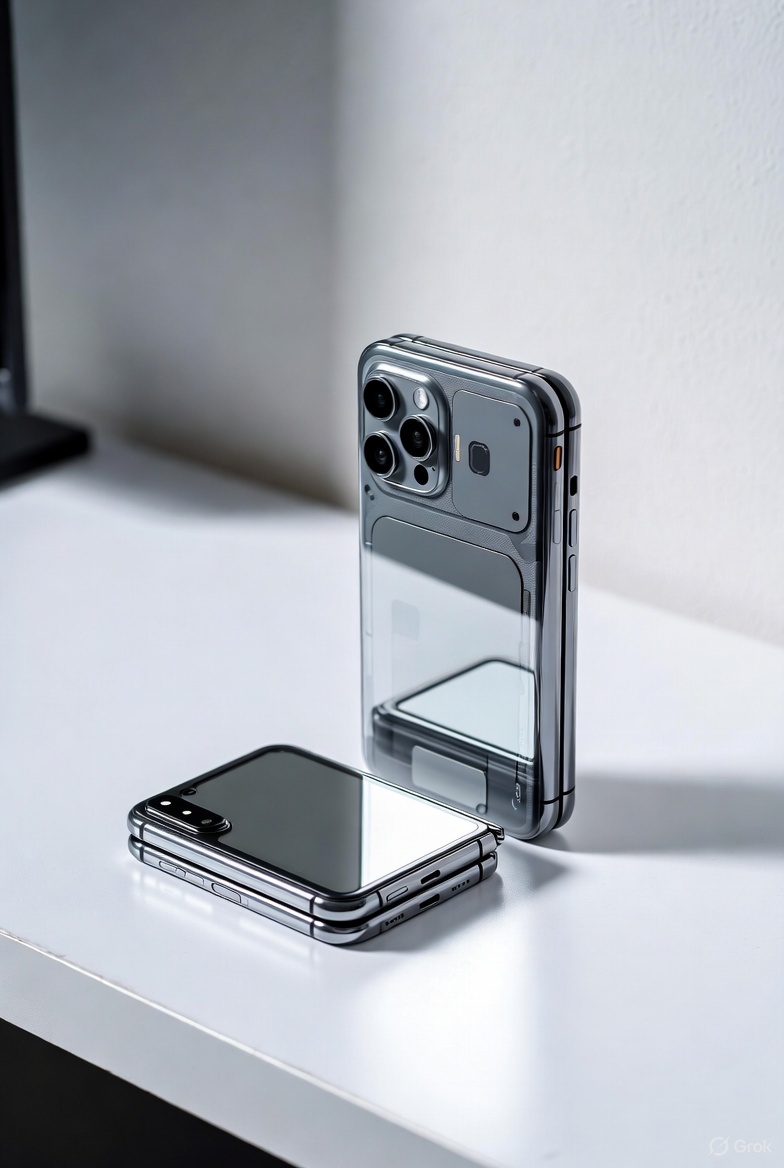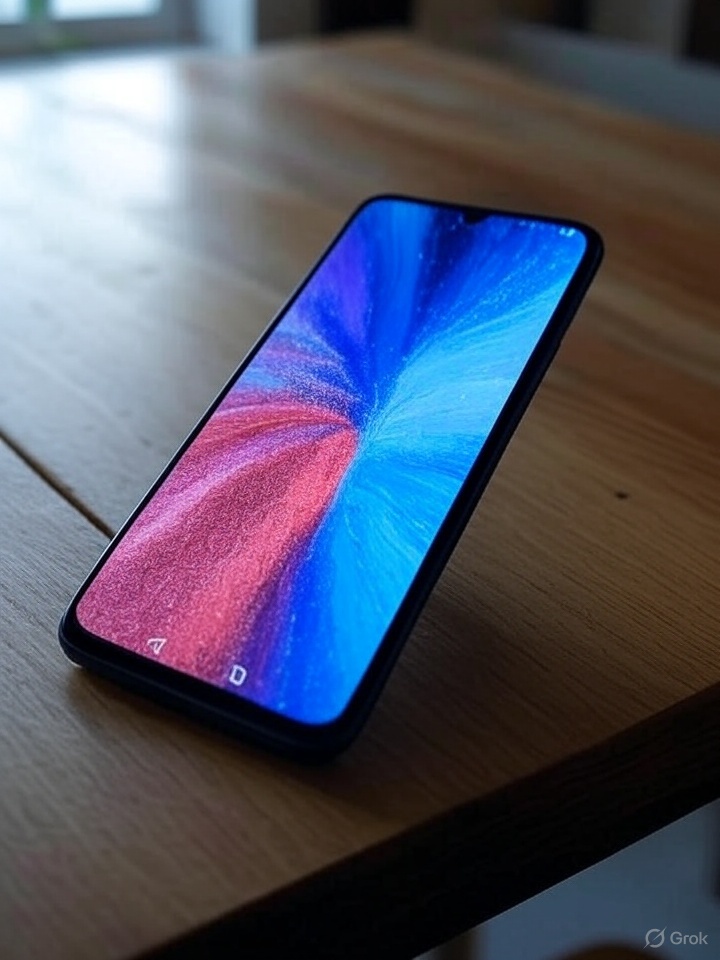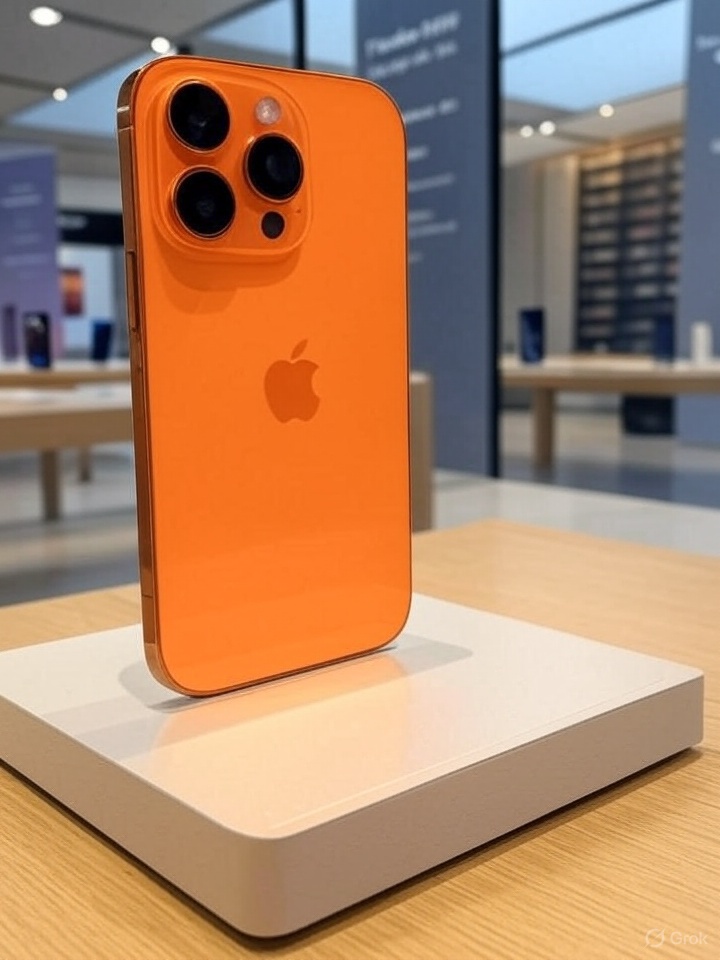Pixel 10 Fights AI Fakery With Built-In “Nutrition Labels” for Photos
Google’s Pixel 10 lineup is the first smartphone to ship with C2PA Content Credentials baked directly into the camera app, giving every photo a verifiable “nutrition label” that reveals whether it’s AI-edited—or the real deal.
When Google unveiled its Pixel 10 lineup, the spotlight wasn’t just on upgraded AI-powered camera tricks—it was on trust.
For the first time, Google is embedding C2PA Content Credentials directly into its native camera app. Think of it as a digital “nutrition label” for photos. These invisible credentials reveal how an image was created and whether it was altered using AI. Anyone viewing the photo in Google Photos—or across Google Search, Lens, or Circle to Search—will see this authenticity stamp.
Why This Matters
The Coalition for Content Provenance and Authenticity (C2PA) designed this open standard to combat misinformation in the age of AI. By embedding metadata at the point of capture, the Pixel 10 ensures that photos carry a traceable record of their origin and any modifications made.
In practice, that means if you remove an object, enhance a sky, or ask Google Photos to clean up a background with a Gemini-powered prompt, that action gets recorded. No more guessing whether a viral image is genuine or AI-polished—it’s right there in the metadata.
Supercharged AI Editing
Alongside authenticity, the Pixel 10 doubles down on AI creativity. Users can now edit photos using natural language commands—type or even speak what you want, like “make the sky sunset orange,” and the phone does the heavy lifting. Tap on specific parts of a photo, and Google’s Gemini suggests edits on the fly, lowering the barrier for casual users who don’t know their way around Photoshop.
Bigger Picture
Google joined the C2PA alliance last year, helping shape this latest standard and already weaving it into its ecosystem. Support for Content Credentials is rolling out across Google Images, Lens, and Search, and in the coming weeks, it’ll extend beyond Pixel 10—landing in Google Photos for Android and iOS.
With Pixel 10, Google isn’t just flexing its AI muscles—it’s also making a bold bet that verified authenticity will be as important as megapixels in the next generation of smartphone photography.


